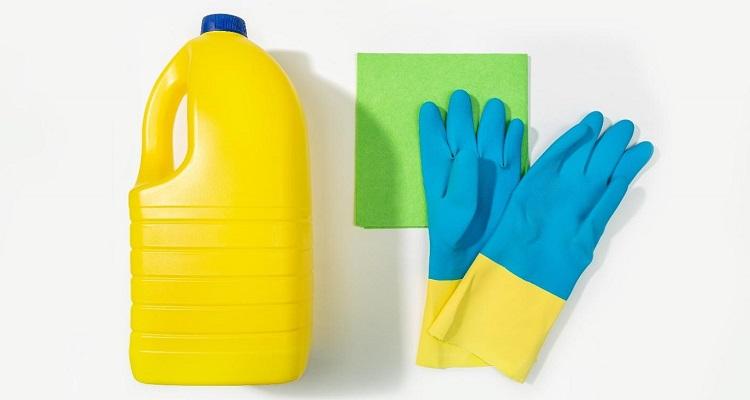
Bleach vs Vinegar: Which is Better For Killing Mold?
By: Abdullah Haroon
Most of us care for two things: our health and our home. We’ll spare no expense when it comes to one or the other. You would never keep anything around which may pose a threat to your health or home. Guess what? Mold is an enemy to both. Mold can cause structural damage to the home and respiratory problems to the health.
What Products Work Best Against this Silent Enemy?
Bleach:
Pros
When it comes to anti-mold agents, everyone thinks of bleach. To be honest, it is the most common cleaning agent. It works wonders and proves effective against almost everything, be it bacteria, microorganisms, or mold.
Cons
Despite its longtime household use, it isn’t that safe to use, especially for the skin and lungs. Additionally, its production poses a threat to the environment because cancer-causing dioxins and mercury is released into the air. One misunderstanding about bleach is that it eliminates germs.
This is a myth as bleach only kills mold located on surfaces. Mold located under surfaces recognizes the threat and prepares itself for defense, using the bleach to feed on. The Environmental Protection Agency doesn’t encourage the use of bleach due to environmental threats and only permits its widespread use under special conditions.

Vinegar:
Pros
Vinegar is another anti-mold agent often used in our homes. It is produced with a fermentation of ethanol which contains acetic acid. It works efficiently against bacteria and mold. Additionally, its production is not problematic to the environment which makes it an environmentally safe option.
It is most likely that you already have a bottle of vinegar in your kitchen cabinet, which is great. It not only kills mold but also helps prevent future outbreaks. Be careful that you don’t use vinegar on marble or granite countertops as it can cause damage.
Cons
Compared to bleach, vinegar is not as effective. Rather, it can only destroy up to 80% of bacteria at best.

Take a Proactive Approach:
It is likely that you have been searching for solutions as a reactionary approach after seeing mold growth in your kitchen. However, an even better way is to take a proactive approach. Figure out what is causing the growth of mold in your home. Generally, humidity encourages mold growth and this is what you need to take care of. The best strategy is to switch on the air conditioner when you feel like it is getting humid.
Follow the Following Steps when using Vinegar to Fight Mold:
- Safety is first and one should never compromise it. Wear protective gear such as a mask and gloves when using vinegar.
- For best results, don’t mix water with vinegar.
- Once you spray the vinegar onto the mold, give it some time to do its job. An hour or more would be sufficient.
- If you decide to scrub the surface, apply a baking soda solution afterward.
- Clean the area with warm water when you’re finished scrubbing.
- In the end, give one more round of vinegar spray and let the solution dry naturally.
- Always, always, keep vinegar and similar products out of the reach of children.
Control Mold:
No matter how effective the solution, the best strategy is, of course, to restrict mold growth. Inspect your house and look for the areas where there are higher levels of humidity. See what you can do to remove the humidity factor.
Get the Help of Professionals:
If you feel like your mold outbreak is out of control and too much to manage, get the help of a professional. Although you may have to spend some money, you can rest assured your mold problem is handled.
So Which is Better?
If we weigh the overall pros and cons, we conclude that using vinegar over-bleach is a lot better and a safer option. Bleach is not only a threat to the environment but it also isn’t very effective on porous surfaces. Bleach also falls short because it doesn’t penetrate below surfaces due to its chemical structure.
However, there are instances in which vinegar isn’t the best solution either, so keep in mind the pros and cons of bleach and vinegar and then make a choice based on your needs.
Read Also:
Black Mold In Your Apartment: Know Your Legal Rights
I Have Mold in My Apartment: What Should I Do?








